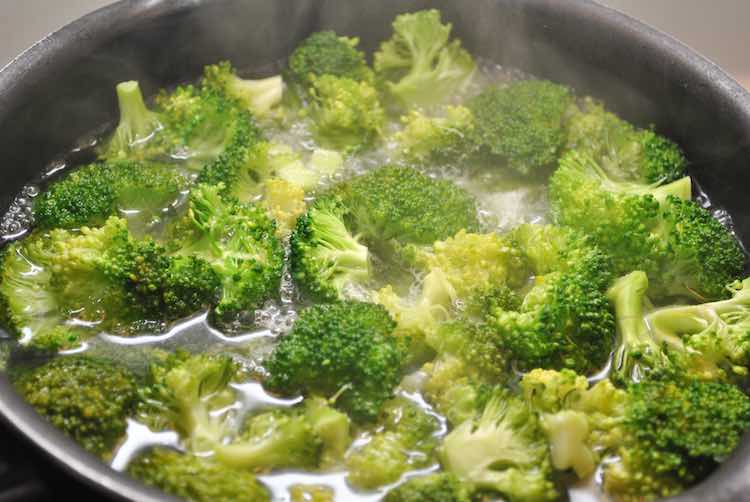The purpose of cooking is to make vegetables edible. Boiling is the most common and traditional way of preparing many green vegetables. This cooking technique, in addition to making some vegetables edible, is also an effective way of eliminating dangerous bacteria and removing some toxins. On the downside, boiling results in the loss of minerals, vitamins, some sugars and the phytochemicals that help deliver health benefits.
Eleven different green vegetables were analysed both when raw and after being boiled for 10 minutes. Vitamin C was the most affected nutrient when boiled. Vitamin C levels were reduced by more than half in broccoli, cabbage and spinach.
Phytochemicals, like carotenoids and polyphenols, were more resistant to boiling, although levels were all reduced. The loss of these important antioxidant compounds also led to a reduction in the total antioxidant activity.
Implications
This study shows that boiling destroys some of the antioxidants and potential health benefits of green vegetables. Other cooking techniques such as steaming and microwaving, that use less water and are shorter, have less of an effect. Despite these losses, cooking is still an important feature of a healthy diet. Even when boiled ‘to death’ a green vegetable has many more health benefits than most snack or junk foods.

